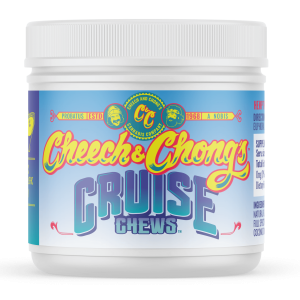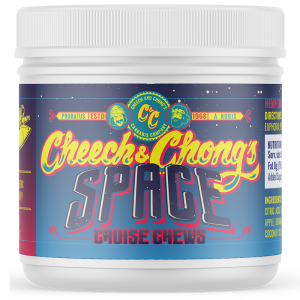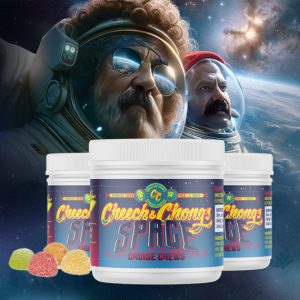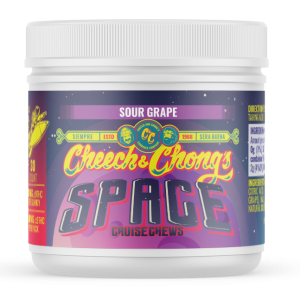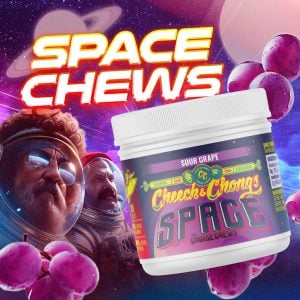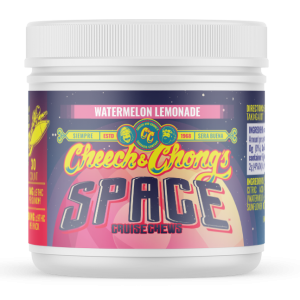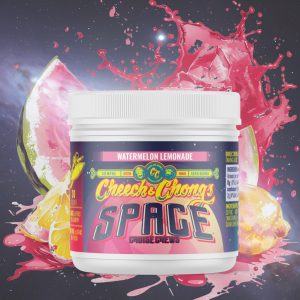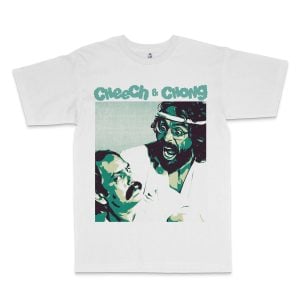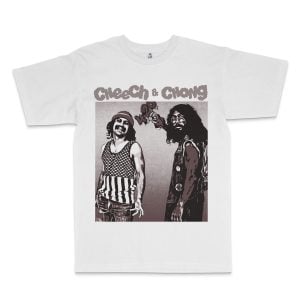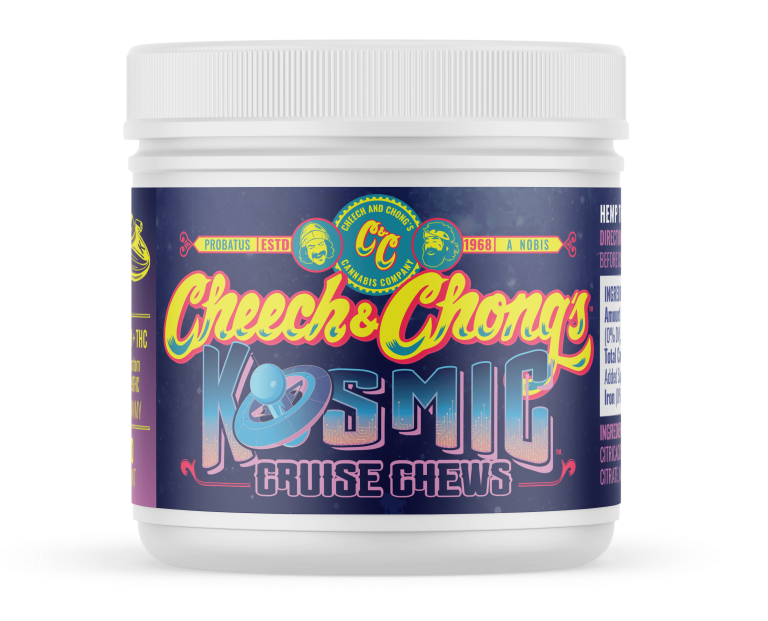The Quest for “Pure” CBD Oil: Your Comprehensive Guide
- Dave
- June 16, 2023
- No Comments
As the wave of cannabidiol (CBD) consumption sweeps the wellness scene, you can’t help but notice the rising tide. An increasing number of folks are integrating it into their wellness regimens, some favoring a concoction that incorporates more than just CBD. However, there are those who lean towards a simpler, undiluted version – a product that solely consists of CBD extract.
If you find yourself nodding in agreement, this guide is custom-built for you. We’ll explore the concept of “pure” in the world of CBD oil, and highlight key factors to consider when choosing your CBD oil manufacturer.
But first, let’s lay down the basics.
Understanding CBD
Perhaps you’re already acquainted with CBD oil and the plethora of benefits it could potentially offer. Nevertheless, a quick refresher is always a good place to start.
Most Popular Products
Cannabidiol, often abbreviated as CBD, is one of the dozens of cannabinoids (chemical compounds) found in Cannabis plants. It’s going to be helpful to remember that not all Cannabis plants are the same. Though many people find the words “hemp” and “marijuana” synonymous, they are actually different varieties of the cannabis plant, and both have their own unique cannabinoid profile, which we’ll delve into later. For now, it’s important to highlight that there are over 113 different cannabinoids in total, with some gaining more prominence than others.
Although CBD has carved out a considerable niche for itself, it still trails behind its cannabinoid counterpart, tetrahydrocannabinol (THC). The explanation is straightforward: THC triggers a psychoactive effect, leading to the infamous “high” sensation typically linked with cannabis. Unlike THC, CBD lacks psychoactive properties, and instead instills a soothing sense of calm without inducing a high.
As alluded to earlier, hemp and marijuana are Cannabis plants with distinctive cannabinoid concentrations. Hemp, marked by its low THC content (less than 0.3%) and high CBD levels, sets itself apart from marijuana, which carries more than 0.3% THC and relatively lesser CBD. As a result, most CBD product manufacturers choose hemp as their primary source. The legalization of industrial hemp across the United States through the 2018 Farm Bill fueled excitement, as it indirectly permitted CBD products, given they are derived from hemp and carry less than 0.3% THC.
CBD has been the subject of numerous studies over the past few decades, with the focus primarily on deciphering its potential benefits. One promising domain that has drawn researchers’ interest is CBD’s anti-inflammatory properties. Various studies, such as this one and this one, have found CBD exceedingly effective in managing inflammation in numerous conditions. Other research endeavors, like this one, are probing into how CBD can aid in diabetes management. Moreover, CBD’s tranquilizing effects on epileptic seizures led to the birth of Epidiolex, the first FDA-approved medication based on CBD.
CBD’s availability in diverse product formats ensures accessibility and convenience for a wide range of users. Some favor ingesting CBD through edibles, with a plethora of CBD-infused food items serving as their daily dose. CBD gummies are a popular pick, but CBD oil, tablets and gel capsules are available for those desiring a more seamless integration into their regimen. Topical CBD products like creams and lotions cater to localized use, while tinctures and oils offer a more traditional route of administration – applying drops sublingually or blending them into food or drinks.
As CBD oil assimilates into the mainstream, an expanding number of users are on the prowl for pure CBD products. Hence, grasping what “pure” signifies in the context of CBD oil is vital before embarking on this quest.
The Purity Spectrum
The notion of “purity” oscillates across the different types of CBD, each boasting its unique level of purity. In essence, the count of other compounds present in the CBD oil varies. The main types include full-spectrum, broad-spectrum, and CBD isolate.
Full-spectrum: If you’re on the hunt for a pure CBD oil devoid of any other cannabinoids, you might want to sidestep full-spectrum products. They arguably diverge the most from “pure” CBD. Full-spectrum CBD harbors all components found in the hemp plant post-extraction, including other cannabinoids like THC. Nonetheless, as noted earlier, the THC content is less than 0.3%, a negligible amount to induce a high.
Broad-spectrum: This type is the next rung on the purity ladder. Broad-spectrum CBD oil mirrors full-spectrum to a large extent, encapsulating almost every compound extracted from hemp along with CBD. The primary differentiator is the absence of THC, which is typically eliminated during the extraction process. However, as we highlighted earlier, CBD may be accompanied by a blend of other 113 cannabinoids. So, if you’re striving for pure CBD oil but aren’t overly strict about it, this might be an apt choice. Despite harboring other compounds, broad-spectrum CBD oil doesn’t include any THC.
CBD Isolate: The pinnacle of purity, CBD isolate solely consists of the CBD compound. If you’re seeking pure CBD oil, your search concludes here.
Remember that most CBD oil products usually feature ingredients beyond just CBD. Oils will incorporate carrier oils like coconut or palm oil. Stumbling upon a product composed solely of CBD is a rarity. The addition of these ingredients doesn’t necessarily dilute the efficacy of the CBD. Instead, they render the CBD more palatable and enhance its bioavailability.
Selecting a Reliable CBD Manufacturer
Although the CBD oil industry is relatively new, its growth trajectory has been explosive. This rapid advancement has left regulatory bodies like the FDA scrambling to develop appropriate oversight methods. This isn’t to suggest a total lack of regulation, but there are instances of dishonest companies exploiting the existing gaps. Navigating the CBD oil marketplace might seem challenging, but with due diligence, you can ensure the quality and safety of your CBD products.
The paramount step is thorough research. Dive into the details of the company you’re contemplating buying from. Examine product reviews, not solely on their website but also on independent third-party platforms. Don’t restrict your review exploration to the products you’re interested in; scan feedback on as many of their products as you can. This expansive analysis will grant you a more lucid understanding of the quality of CBD they utilize.
Another essential facet of your investigation should involve the company’s extraction process. Trustworthy CBD oil manufacturers are typically transparent about their extraction methodologies. If a company candidly discusses its process on its website, that’s a positive sign. They should also resort to third-party testing to assure product quality. If this aspect is missing, you might want to reconsider and seek an alternative provider.
Possible Side Effects of Pure CBD
While CBD oil is generally deemed safe, some potential side effects might arise from excessive intake. These effects could encompass minor discomforts such as dizziness and fatigue. While these are not severe, they could be bothersome and primarily occur when CBD is taken in excess. However, they can be easily avoided with prudence.
The best defense against any unpleasant side effects is to adopt a cautious approach when you initially start consuming CBD oil. Start with small doses and gradually increase the quantity if you don’t experience any discomfort and the desired effects are unmet. If you face any side effects, scale back the dosage and wait for the symptoms to stop before resuming.
Certain medications might interact negatively with CBD. If you’re using any medication and wish to experiment with CBD, it’s always smart to chat with a healthcare professional first.
Frequently Asked Questions
- What is “pure” CBD?
“Pure” CBD refers to CBD isolate, a type of CBD that contains only the cannabidiol compound. Unlike full-spectrum or broad-spectrum CBD, which contains other cannabinoids, terpenes, and compounds, CBD isolate is as close to 100% CBD as you can get.
- What are the differences between full-spectrum, broad-spectrum, and CBD isolate?
Full-spectrum CBD includes all of the compounds naturally occurring in the cannabis plant, including other cannabinoids like THC (but less than 0.3%), terpenes, and essential oils. Broad-spectrum CBD is similar to full-spectrum CBD but has the THC entirely removed. CBD isolate, on the other hand, contains only the CBD compound, making it the purest form of CBD.
- What potential benefits does CBD offer?
Research has suggested that CBD may offer a variety of potential health benefits, including anti-inflammatory properties, pain relief, anxiety reduction, and potential management of conditions like epilepsy. However, more research is needed to fully understand the extent of these benefits and their applications.
- Are there side effects of using pure CBD?
Yes, although generally considered safe, excessive consumption of CBD can lead to minor side effects like dizziness and fatigue. It is always recommended to start with a small dose and gradually increase until the desired effect is achieved. If you experience any side effects, you should reduce the dosage and consult a healthcare professional.
- How can I ensure I’m buying from a reputable CBD manufacturer?
Thorough research is essential. Look into the company’s reputation, product reviews on third-party sites, and their extraction process. Reliable manufacturers should be transparent about their methodologies and use third-party testing for quality assurance.
- Can CBD interact with other medications I’m taking?
Yes, CBD can interact with certain medications. If you’re on any medication and interested in trying CBD, it’s advisable to consult with a healthcare professional first.
- What is bioavailability and why is it important in the context of CBD?
Bioavailability refers to the proportion of a substance that enters the circulation when introduced into the body, thereby having an active effect. In the context of CBD, bioavailability is important as it determines how much CBD your body can effectively absorb. Different methods of taking CBD (such as oral consumption, sublingual administration, topical application, etc.) have different rates of bioavailability.
OTHER PRODUCTS
-
Sale!

-
Sale!
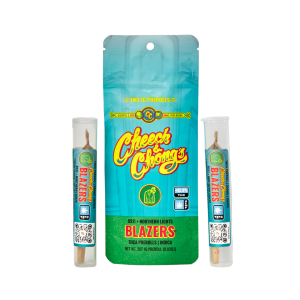
-
Sale!

BEST SELLING PRODUCTS
-
Sale!
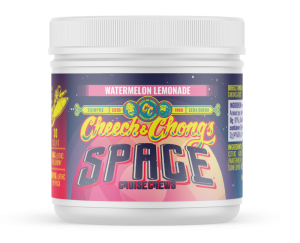
-
Sale!

-
Sale!



